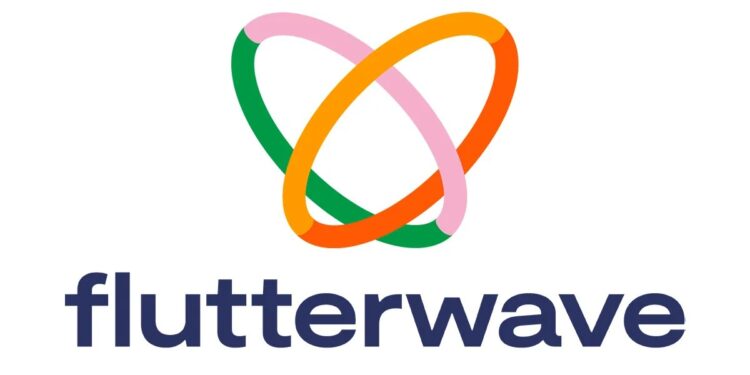From a small startup in Lagos to one of Africa’s most valuable technology companies, Flutterwave has become a symbol of the continent’s digital transformation. Founded in 2016, the Nigerian fintech firm has redefined how businesses and consumers move money across Africa, achieving unicorn status and reshaping the region’s financial landscape.
Building bridges across fragmented markets
Flutterwave was created with a clear mission — to simplify payments in Africa. Co-founded by entrepreneur Olugbenga Agboola, the company built a technology platform that allows businesses to accept payments in local and international currencies, integrating cards, bank transfers, and mobile money systems.
In a continent where cross-border transactions are often costly and complex, Flutterwave’s infrastructure created a unified gateway. It now operates in more than 30 African countries, connecting over a million merchants and enabling payments in more than 150 currencies. Its systems process billions of dollars annually, linking Africa’s growing digital economy to global commerce.
Rapid growth and international recognition
In 2021, Flutterwave became a unicorn after a US$170 million Series C funding round, valuing it at over US$1 billion. Since then, it has continued expanding across Africa, forming strategic partnerships with Visa, Uber, and multiple global retailers. The company has also launched new consumer-facing products such as Send, a remittance service enabling Africans to transfer money internationally at lower cost.
Its rapid rise has earned global attention. In 2025, Flutterwave was named among TIME magazine’s 100 Most Influential Companies, underscoring its importance in advancing financial inclusion and technological innovation across the continent.
Driving financial inclusion through technology
One of Flutterwave’s greatest achievements lies in its contribution to financial inclusion. By integrating digital payments into everyday life, it has empowered small merchants, freelancers, and young entrepreneurs to reach new markets. The platform supports not only fintech clients but also education, healthcare, and e-commerce providers, helping millions transition from cash to secure digital payments.
The company’s user-centric design reflects Africa’s evolving consumer landscape — young, mobile-first, and increasingly digital. This has positioned Flutterwave as a leader in Africa’s shift toward a cashless economy.
Challenges and the road ahead
Despite its success, Flutterwave faces challenges familiar to African fintechs: navigating differing regulatory regimes, ensuring cybersecurity, and maintaining compliance across diverse jurisdictions. The company has also faced scrutiny over governance issues, prompting renewed efforts to strengthen transparency and corporate culture.
Nevertheless, investors and analysts view Flutterwave as a cornerstone of Africa’s technology sector, demonstrating that scalable, globally competitive companies can emerge from African soil.
Africa’s fintech beacon for the world
Flutterwave’s journey embodies Africa’s new era of innovation — one defined by ambition, resilience, and impact. As AI, digital identity, and blockchain begin to shape the next generation of fintech, Flutterwave stands at the centre of the continent’s transformation. Its success is not just a corporate milestone but a powerful reminder that Africa’s brightest technological future is already under way.
Newshub Editorial in Africa – 5 October 2025




Recent Comments